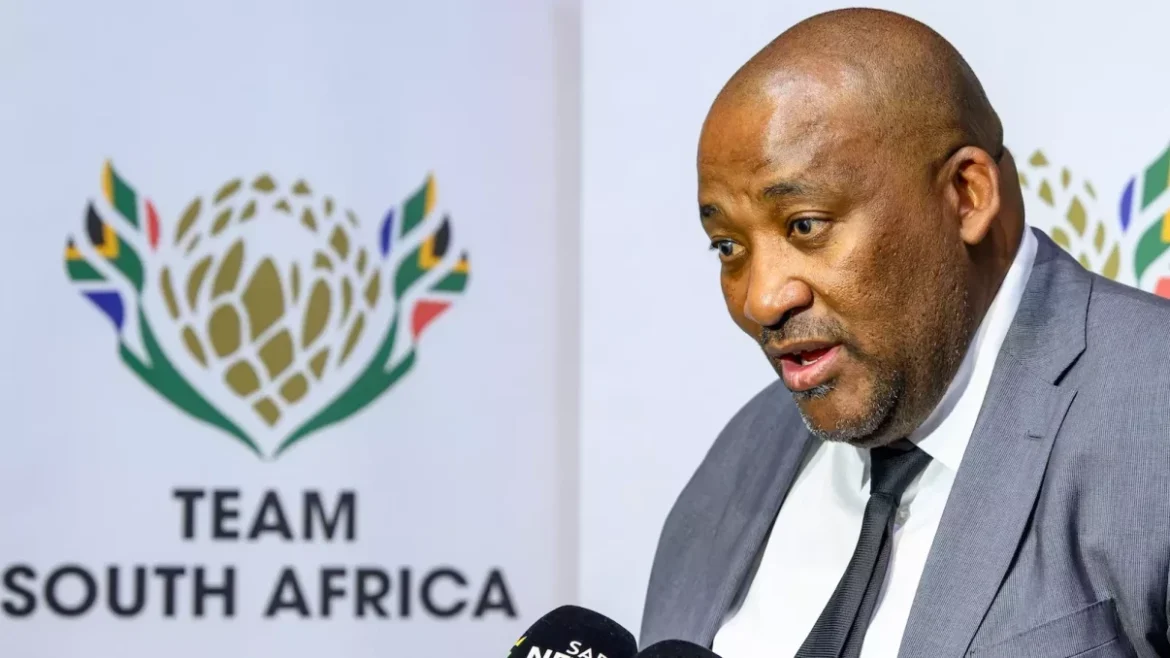Parliament has officially closed the door on investigating Sports, Arts and Culture Minister Gayton McKenzie over his past use of racial slurs — including the apartheid-era K-word — in tweets dating from 2013 to 2017, citing a technicality: he wasn’t an MP at the time.
The decision, revealed this week, follows public outrage and calls for action after several of McKenzie’s old tweets resurfaced, showing repeated use of one of South Africa’s most offensive racial terms. Civil society groups and political parties, including ActionSA and the EFF, demanded accountability, arguing that such language — even if historical — is unbefitting of a Cabinet minister.
However, Parliament says its hands are tied. According to its rules, it only has jurisdiction to investigate conduct that occurred while a person was serving as a Member of Parliament. Since McKenzie only became an MP — and minister — after the tweets were posted, no formal inquiry can proceed.
While this legal loophole shields McKenzie from parliamentary scrutiny, it hasn’t silenced the political firestorm. Critics argue that the decision sets a troubling precedent, suggesting that offensive conduct prior to holding office is beyond institutional reproach, regardless of the public trust now placed in the individual.
As public pressure mounts, all eyes now turn to President Cyril Ramaphosa, who has yet to comment on the controversy or respond to calls for McKenzie’s dismissal. In the meantime, the scandal continues to stir national debate about leadership, accountability, and the boundaries of forgiveness in a post-apartheid democracy.
